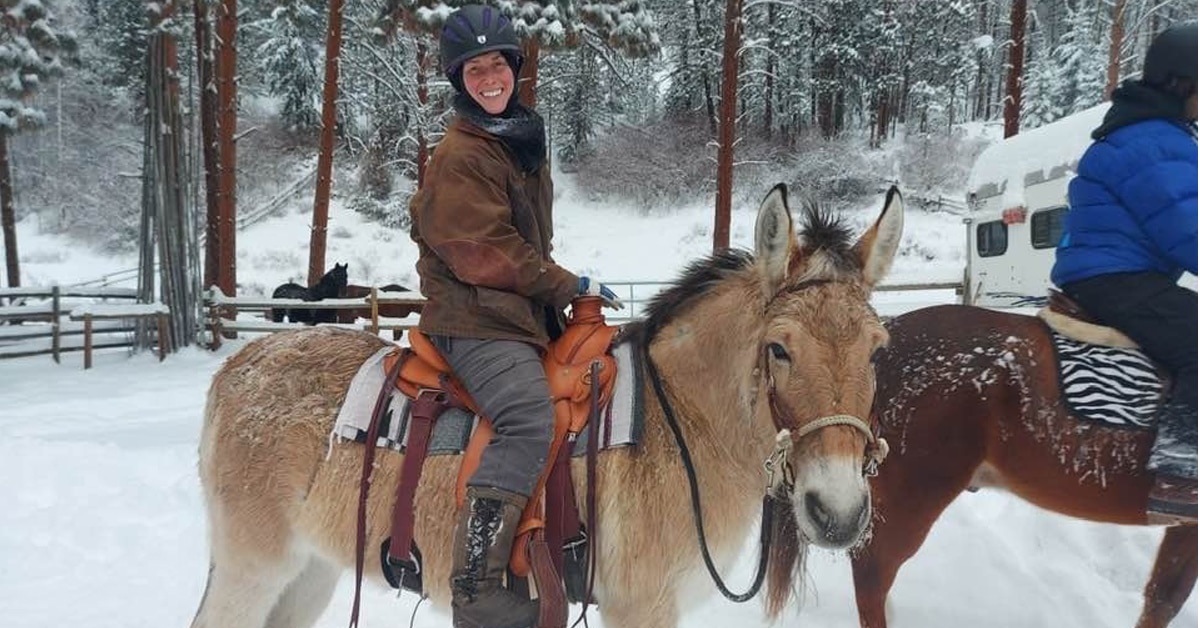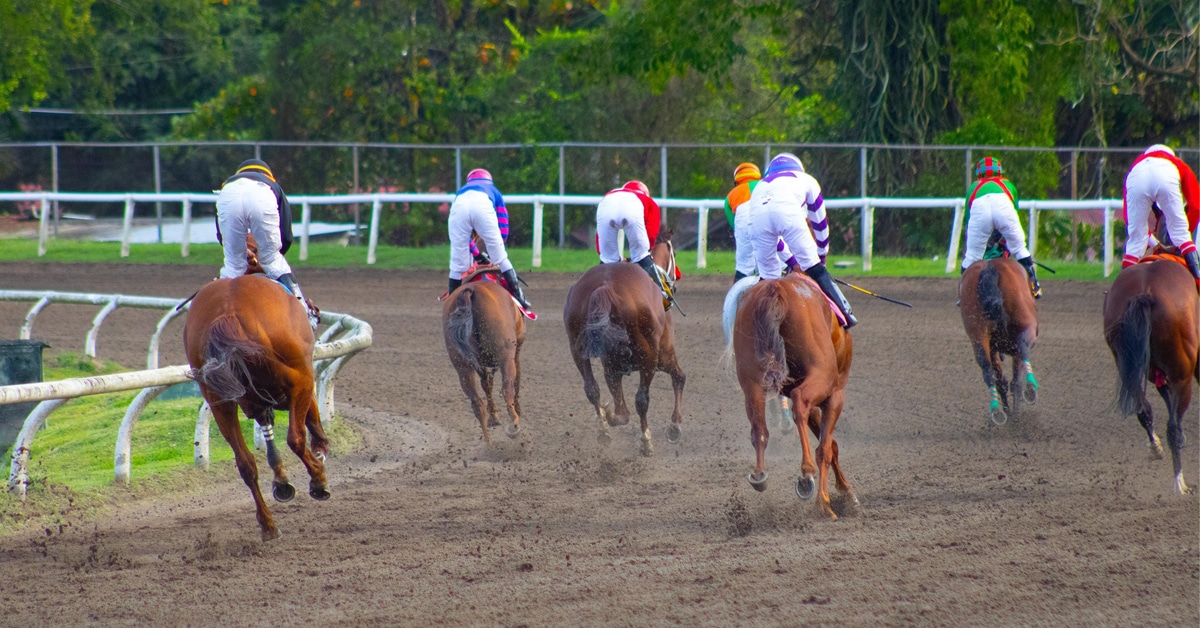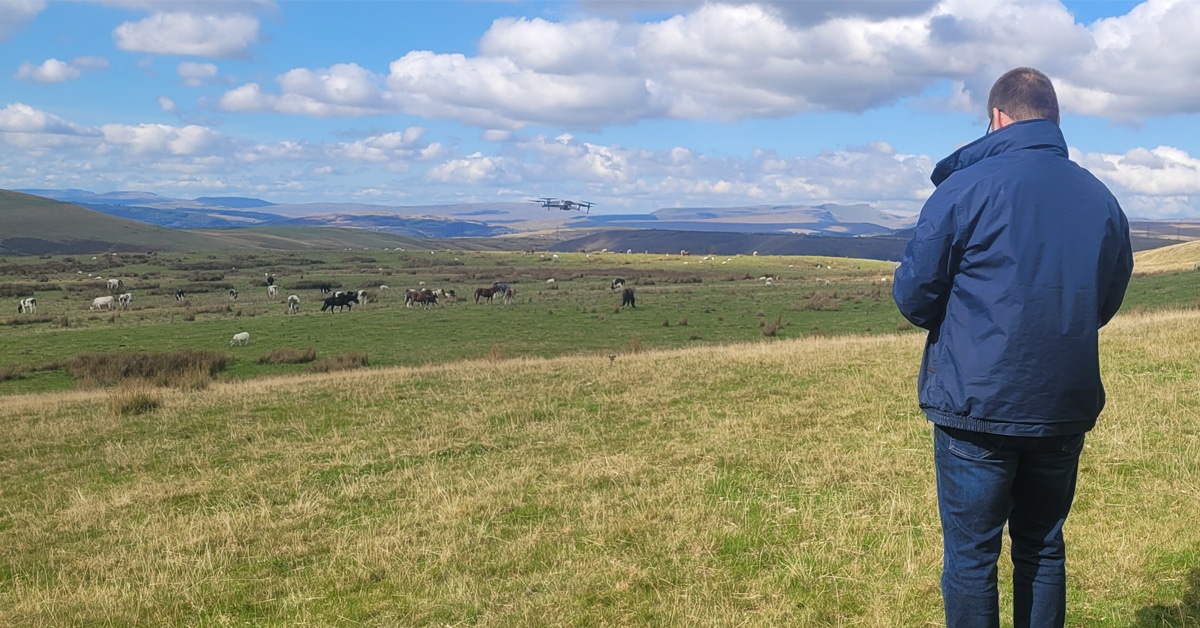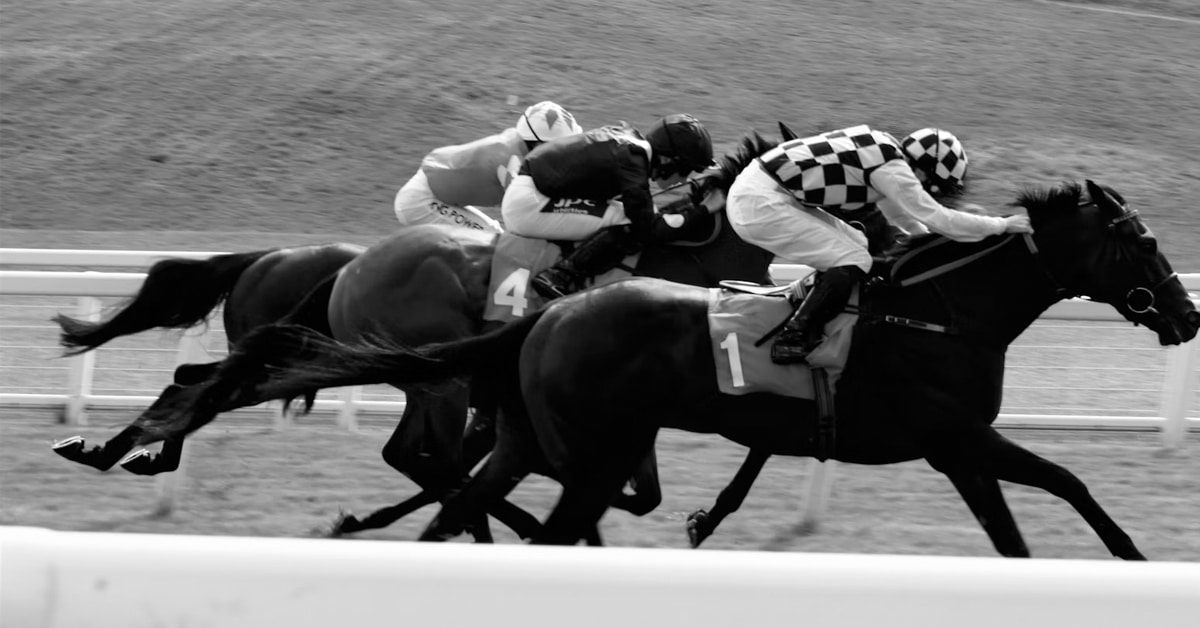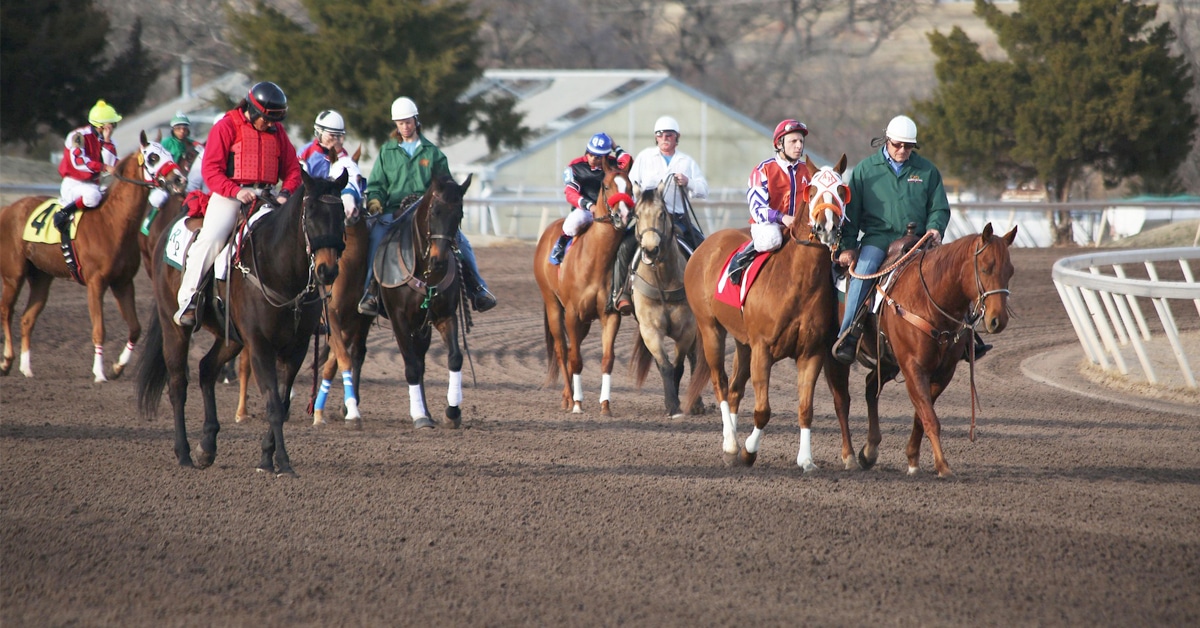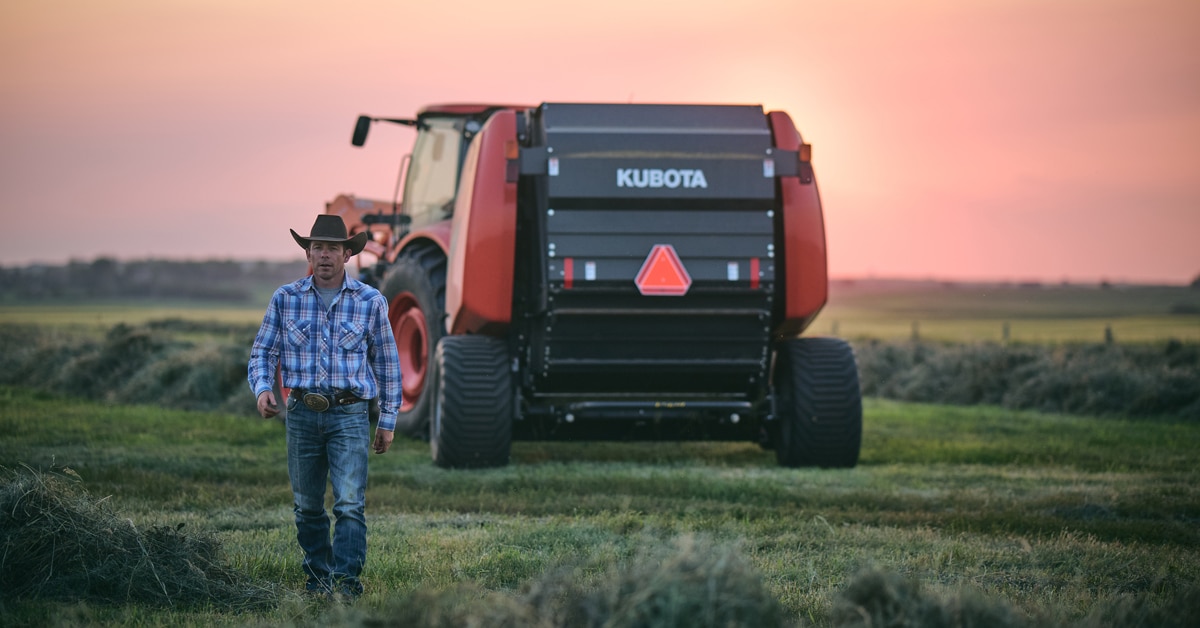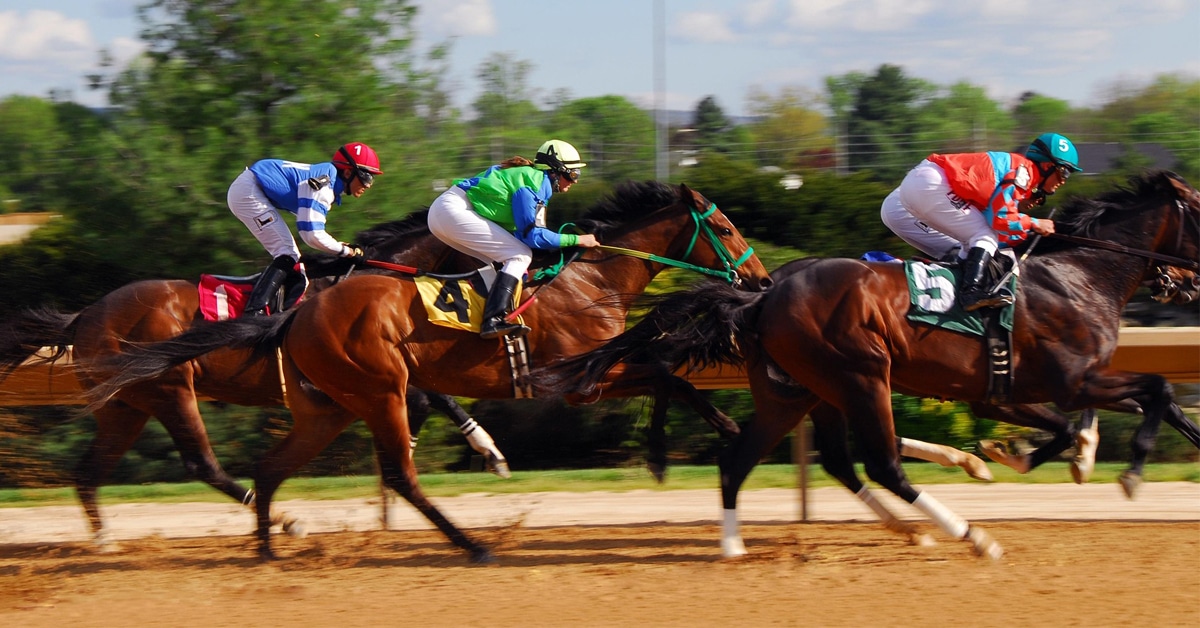There are many reasons horses become sour ‒ pain, overwork, environment, etc. A lot of times, horses can act and seem happy with one person, but if sold, once the horse arrives in the hands of the new owner it can have a difference of opinion about its new situation. The cause of the sourness could be the new owner is riding them differently: more often, more aggressively, or even more passively than the previous owner had. This could be avoided by giving the horse more time to adapt before riding them like you would a horse you have had for years.
Probably the horse that is most at risk for becoming sour is the “super yes horse” ‒ the horse that says yes to most things. It’s easy to continue pushing a yes horse to the point where it starts to be overworked, feel overwhelmed, or become sore, which will most likely cause the horse to become sour.
I’ll never forget when I had horses Nifty and Lyla for sale many years ago. There was a family that came up to try them with their two daughters. They were teenagers and pretty good riders. They each rode a horse and did walk, trot, canter and jumps. The horses behaved perfectly and were pretty sweaty so I told them we should cool them out. They decided they each needed to try the other horse, too. I agreed, but just for a quick ride.
They did more walk, trot, canter and jump. I didn’t have a lot of confidence back then, so I wasn’t assertive enough to tell them that was enough. They rode for another 15 minutes or so and the horses were really tired and sweaty. We cooled them out and put them away. I never heard from those people again, despite the horses being perfect and doing everything they had been asked.
The next time I went to ride them, Nifty was fine but Lyla was miserable … she didn’t want to be ridden at all. She had become completely sour; I could barely ride her at the walk and she was pinning her ears the whole time. It took me months to get Lyla confidently riding walk/trot again and I never got her back to her previous riding state. I ended up selling her as a companion horse.
I didn’t have the same knowledge I do now, but now I know I should have
- had a massage therapist and chiropractor assess her (and possibly vet for xrays)
- had the saddle checked
- used the “create a yes horse” strategies that I’ve since developed with Harmony Horsemanship including positive associations
- said “That’s all for now” and been confident in ending the riding session when I felt the horses had reached their peak
Now I have the confidence when I am coaching clinics, lessons, or training that if I see a horse that looks tired, or a green horse that has been trying so hard, to say “ Let’s end on a positive note” and ensure it happens.
Often pain is the main reason that “yes” horses become “no” horses. Pain can be caused by a variety of reasons, primarily:
- ill-fitting tack (saddle, bridle, or padding)
- poor riding (bouncing on their back, pulling their mouth)
- physical issue (sore hooves, back, sharp teeth points, etc.)
- environment (hard footing)
- being overworked so that they strain muscles/get sore
Horses are not machines; they have bad days and good days, stiff and sore days. We must make sure we listen to them and let them rest, and then reward them when they try. Failure to rest and reward during sessions is a path to sourness. In Harmony Horsemanship we often use positive reinforcement, which helps to wire the horse’s brain to understand that if I ask, and you try, I will reward. This helps build motivation, trust, and desire to please.
I share this story of my own past so that hopefully you can learn through my mistakes, and realize how quickly an amazing “yes horse” can be soured in literally one session because the human asked for too much. So remember, all horses can become sour, and all sour horses were once great and, in time, can hopefully become great once again.
***
Lindsey Partridge is the founder of Harmony Horsemanship, Level 2 Centered Riding Coach, Equine Canada Competition Coach for both English and Western, and Horse Trainer for feature films including Unbridled and Autumn Stables.
The Latest
